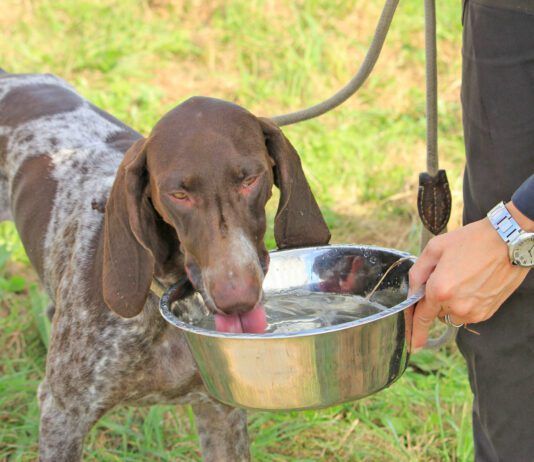Manage Your Dog’s Osteoarthritis Through Complementary Therapies
There are many wonderful complementary treatments for dogs with Osteoarthritis (OA). None will cure or heal the arthritic joint, but a combination of treatments can very well restore vitality and decrease discomfort, making a happy walk in the park a reality once again. Omega-3 fatty acids, glucosamine and chondroitin, and avocado and soybean unsaponifiables (ASU) can all work to slow joint degeneration. The combination of these over several months can improve function and decrease pain. Can also be used as preventive.
How to Prevent Your Dog From Developing Periodontal Disease and Cracked Teeth
veterinary dentists say they are responsible for far more than their share of broken molars in dogs who chew them. Large bones
Give Your Dog a Smooth Recovery
Dogs are lousy patients. It's as simple as that. True, they don't constantly call for a glass of water or a plump of their pillow, but that's precisely the problem: Often unable to communicate distress, and possessing a stoicism that masks their true level of discomfort, dogs can mislead their owners into thinking that all's well after a surgical procedure, when in fact it's anything but.
Preventing Exercise Injury for Your Dog by Warming Up and Cooling Down
Professional human athletes never skip a proper warmup. That's because research has proven, repeatedly, that preparing your muscles for upcoming physical activity reduces the risk of physical injury. And for them, an injury could impact their wallet with down time.
Preparing Your Dog for a Successful Surgery
The word surgery
What You Should Know About Anesthesia Before You Schedule Your Dog’s Veterinary Procedure
Even the biggest worrywart owner usually relaxes a bit when her dog goes to sleep but of course, her anxiety will ratchet up to stratospheric levels if that sleep" is the span of temporary unconsciousness known as anesthesia. The more you know about it
What To Do If Your Dog Gets Motion Sickness
meant to help the vestibular apparatus develop properly. This is thought to help prevent vestibular disease and motion sickness later in the puppy's life."
First Aid Kits for Dogs: What You Want, What You Need, and What’s Inessential
Every owner should have a first-aid kit for their dogs. But what should be included in that kit? If you're looking for a definitive answer, you'll need to pull out your crystal ball, because there's no telling what you might need in an emergency, since there are infinite ways your dog can be injured. To be prepared for every possible scenario, you'd need a fully stocked van. It really can't be done and shouldn't be done because that's not what first aid" is all about. "
How to Prevent Injury to Your Exuberantly Active Dog
the dog's diagonal pairs of legs move together at the trot. Take note if your dog suddenly starts pacing; it can indicate that he's trying to find a gait that reduces muscle or joint pain. Be aware
That All-Important Wellness Visit
While we know you don't want to hear it, your senior dog needs a twice-yearly veterinary well-visit. There are many health issues that can be treated if detected early
Suspect Your Itchy Dog Has a Food Allergy?
If you suspect your dog has a food allergy, follow these steps:
Elimination Diet for Dogs: Will it Help Your Allergic Dog?
When your dog itches, you know it. That relentless licking, scratching, chewing anything he can do to relieve the itch. He seems obsessed, and he probably is. Whatever you do, don't ignore this problem (as if you could!). Incessant scratching and chewing may indicate food allergy. He'll constantly tear into any place on his body that he can reach with his teeth or claws. You may see ugly hair loss. Until you find the cause, this problem will go from bad to worse.















